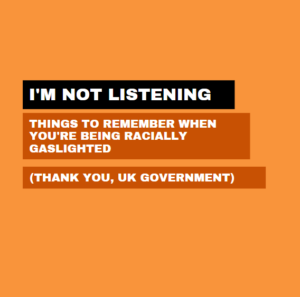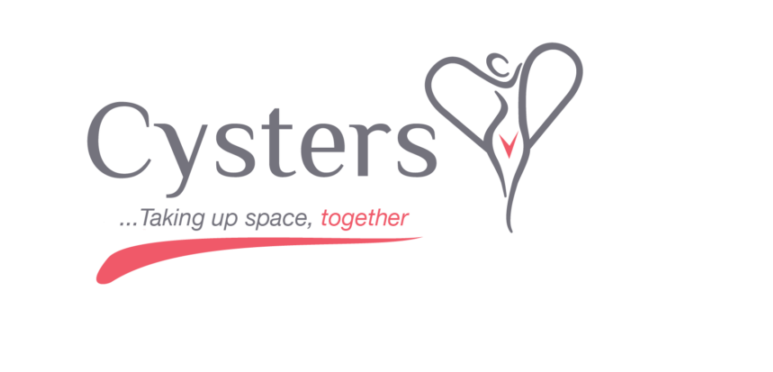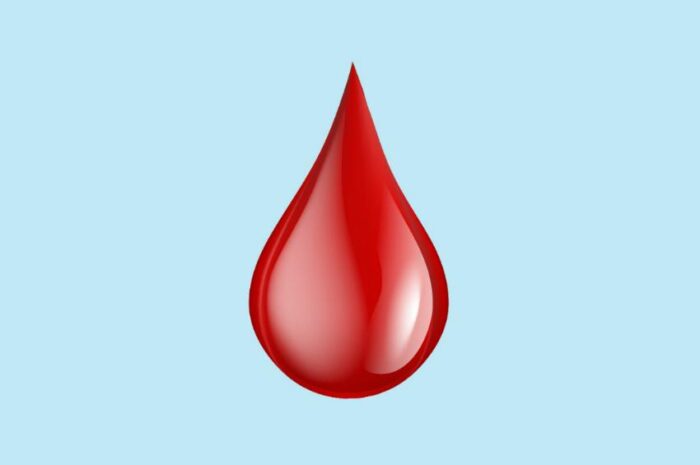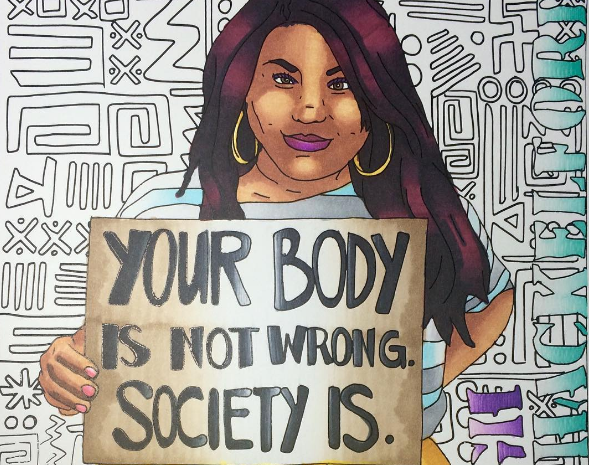
By Nikita Aashi Chadha
I can’t say that the report on racial disparity in the UK (or supposed lack of) surprised me at all. I know there are waves of people, mainly white, and from the majority, that have been shocked by the government’s behaviour recently. We’ve just experienced the murder of Sarah Everard and witnessed the police’s aggressive response to attendees of a peaceful vigil in her honour. Social media channels have been lit up with footage from the ‘Kill the Bill’ protests – and the nation seems to be selectively outraged. They can’t believe the police are acting this way (“they are supposed to protect us”), or that the media is skewing the nation’s perspective, and is being biased towards those in power. Some of these people would have condemned the BLM protests earlier in the year, and now find themselves on the other side of the fence.
People feel powerless, unseen, unheard. They don’t feel protected by the people that are supposed to serve them. Welcome to the twilight zone, my friends – an insight into the people of colour *experience* (please note I said ‘insight’. Feeling this way as the result of recent events is in no way similar to being subjected to these narratives, and watching people you love, also being subjected to those narratives, for the entirety of your life).
Everyone wants to be Black, or Brown nowadays. To be different. But no one actually wants to be in reality – would anyone opt to be a person of colour within a criminal court trial if they had the choice? No, they wouldn’t, unless they willingly want to face additional bias, discrimination, as well as longer and more severe prison sentences for the same crimes. I remember having a conversation with this man at work that used to sit on the same floor as me. He tried desperately throughout the conversation to separate himself from his race, he said that being white “wasn’t cool”. Do you know what is cool? Intergenerational wealth, not being targeted or seen as a threat by the police, living longer, being more likely to survive a trip to the hospital, living somewhere with less environmental pollution, having access to better education – I could go on, but I think you see my point. The naivety is almost embarrassing – but also interesting. I’ve seen this behaviour amongst Brown and Black people, it’s something I’ve been guilty of myself, many many times. But I’d never seen it amongst white people before – that it may finally be a racial identity that some people want to step away from. (I don’t condone or expect anyone to do this, more an observation of how being perceived as white is changing).
We’re reaching that point where people are starting to wake up, not just to what is happening right now, but the historical events that have led to this point. The internet is alive with allyship, information and knowledge sharing – whilst there is still a lot left to do, we have to acknowledge that things have changed. Nowhere near enough for my liking, there is a real complacency amongst neo-liberal people that is frustrating and bewildering. But the conversation is at least evolving, even in my lifetime. Terms like ‘white privilege’ and ‘white saviourism’ may have been known in academic circles, but they weren’t around when I was a child, and they weren’t normalised in the same way they are today. Access to that kind of information or terminology could have been life-changing, in terms of my identity and self-esteem issues. I would have been able to name the power structure that impacted my life daily: whiteness. Conversations are being had now that are learning curves for us all, but they are being had… just not by the people who are in charge of running this country.
There have been countless reports, audits, studies and real-life cases over the recent years that detail how systemically unequal the UK is, across all intersections (race, class, gender, sexuality, ability, religion) and within all of its institutions: the legal system, parliament itself, the NHS, education, housing, benefit, and social services – I will leave the list there but make no mistake, the discriminatory approach towards minoritised people within all of these services exists and is much more far-reaching than the examples I’ve given. Last year, we saw the revitalisation of the Black Lives Matter movement and the influx of brands and organisations who suddenly Black-washed their advertisements or products, claiming that they wanted to acknowledge their past wrongs of under-representation and promise to do better. We witnessed the Windrush Scandal and heard how the tories created “a hostile environment” towards migrants, and let’s be honest, people of colour because the GO HOME vans were not driving around Kensington and Chelsea, but the predominantly Brown and Black areas of Barking and Dagenham, Barnet, Brent, Ealing, Hounslow, and Redbridge (I was born in Barking btw). It hasn’t even been 5 years yet since the Grenfell fire, and those who were affected or killed, again predominantly working-class Black and Brown people. It seems laughable, really when looking at contemporary BREXIT Britain, that the government can have the audacity to tell us that our lived experiences are non-existent. This coming from the PM that has been outwardly prejudiced towards most demographics within the UK – you’ll have to forgive me if I check out and do not read your 258-page report about how racism doesn’t exist. 258 pages on a topic you don’t believe is real, or know anything about seems a bit over the top for me personally – do you remember when you were asked as a student to submit a long essay on a book that you hadn’t got round to reading yet? How you would google synonyms to make the essay read better than it actually was, run out of things to talk about and waffle your way through, turning nonsense concepts and sentences into whole paragraphs – turning it in and hoping for the best? This report feels a lot like that kind of energy to me. I wouldn’t trust you to tell me what colour the sky is, let alone what the true extent of racial inequality is in this country.
The UK has a race problem. It has had a race problem for a very long time – since the empire was formed in the 17th century. Other European empires were formed earlier in the 15th century, which would have had contextual influence, too. The systems in this country (law, education, healthcare, government) were established by those in power, the white, upper-class elite, and it was built to offer them advantageous privileges over other types of people, especially those who are minoritised. Research carries the bias of those conducting it, parts can be cherry-picked and used to reinforce narratives that aren’t true. Women of colour especially are missing from a lot of data sets, because they usually aren’t seen as important enough to include, or are within “a hard part of society to reach” – when in reality, they just aren’t committed to trying to level the playing field and bring us to the table. If they were, they would fund us, and the organisations that represent us, so we could start undertaking our own research and start trying to close the glaringly obvious gaps in data that could lead to both policy and systemic change.
Knowing all of these things, it was an easy decision not to read this report, it is the ultimate act of self-care. I’m not about to let people who sit in the upper parts of society tell me anything about my experiences or the things I’ve been subjected to because of my identity. I know the report was created after ‘consulting’ with a committee of people of colour – but I also know what it’s like to be tokenised by white organisations and within majority-led spaces that use you as an excuse to perpetuate or justify false claims. I know what it’s like to assimilate, to try and act as whiteness expects you to, to such an extreme that you lose touch with the person you inherently are (assimilation for me, and many other people of colour is accompanied by trauma or traumatic experiences). They may be named and pictured within the report, but I know the people leading this country, look nothing like this committee. I know they have their own agenda and self-interests to push onto society, onto the populace, and onto me – and it’s one that I refuse to accept.
No one gets to define my experience. Especially not someone that has never experienced it for themselves. Only I do. It’s personal and specific to me. I don’t speak for my entire community, because we are not a monolith, we are individual voices and people. This is relevant across all intersections; the majority can’t speak for the minoritised: if we’re talking about conversations specifically around race, white people, and especially the white people in power – do not get to define what racism is, how Brown, Black and mixed people experience it, or how it affects our lives.
Examples of racial gaslighting:
“I don’t see colour”
“Racism doesn’t exist anymore”
“Not everything is about race, why is everything about race with you”
“I’m sure XXX wasn’t being racist. Here are 20 examples why”
Things to Remember When Someone Is Trying to Negate Your Experience or to Racially Gaslight You:
Breathe. Be kind to yourself.
Who you are and the things you have already come through or faced have given you a unique perspective, of other people, of yourself, and society. Not everyone has had the same experiences, so not everyone will automatically resonate with your point of view – it is okay to not always be understood. There are times when people will purposefully misunderstand us so that they don’t have to acknowledge their own behaviour, words or actions.
This person is doing it for a reason. Whether it is ignorance, to shift blame, to make you feel guilty etc. This is not your fault.
You don’t have to engage with this person, you can choose to walk away from this conversation. (If it’s someone you know or love, you can set a clear boundary with them: ‘I am walking away from this conversation for my mental health’, ‘I feel like you are not understanding my experiences and I’m not in the space to explain myself’, ‘Please could you read up on [insert anti-racist concept or teaching here e.g. tone policing?] )’, ‘I don’t want to talk about this anymore, or with you anymore’.
Some people will never be ready to understand your experiences because it means being accountable for their actions, or any harm. It is okay to cut those people out of your life.
Speak your truth. No one can tell you what you know to be inherently true, or real.
Express the emotions that you are feeling – as you feel them. We’re conditioned to see emotions positively or negatively, i.e. anger is BAD. All of your emotions are valid and real, and you are allowed to express how other people make you feel
The pain, frustration and mental health effects of gaslighting, and explaining racism to those who don’t experience it, are real and documented. It is okay if this incident triggers associated memories and if you have to take some time away, afterwards. There is nothing wrong with resting and giving yourself what you need. That is a testament to personal strength and nothing else.
There will be different responses when this happens and that’s also okay. It depends on the day, my mood, what levels of pain I’m experiencing. Sometimes, I might react by ignoring the person completely and choosing to walk away, other times, I will stand my ground, and assertively fire knowledge back at them that disproves what they’re saying. I’ve been known to be quite sarcastic, patronising, but also willing to teach someone about my perspective if I believe they genuinely want to listen and to learn. There have been many times where I’ve cried, or gotten extremely angry when triggered by the things that people have said, or denied, about my experiences. There is no right or wrong reaction, and we can’t predict how our bodies will react to trauma (gaslighting is not only traumatic within itself, but it reopens old wounds too, sometimes)
A person’s behaviour towards others is a reflection of themselves – this says more about them than it does about you.



